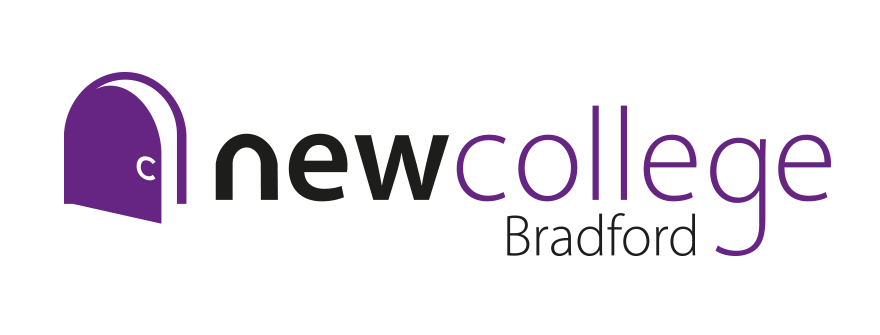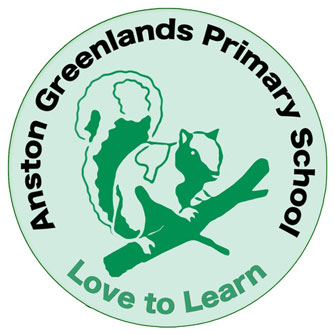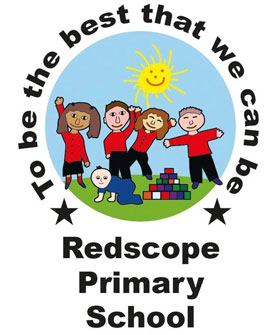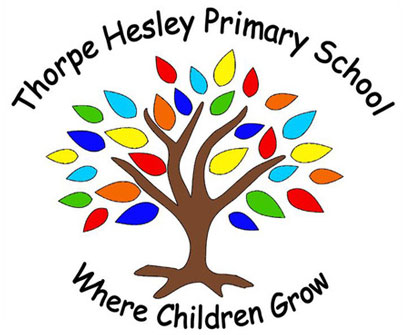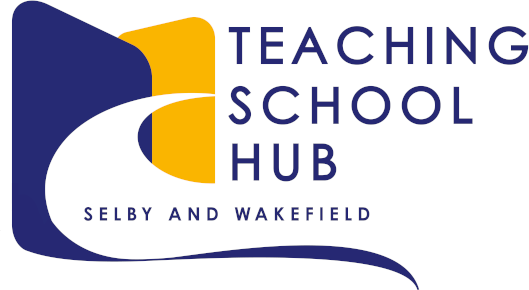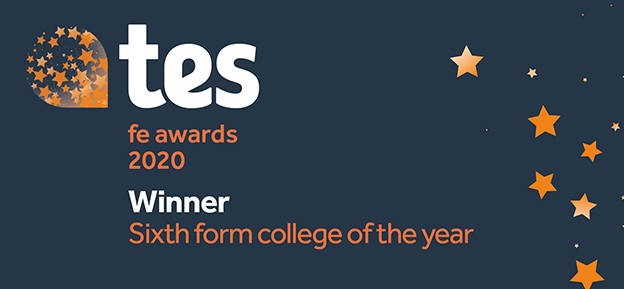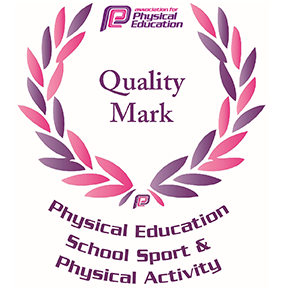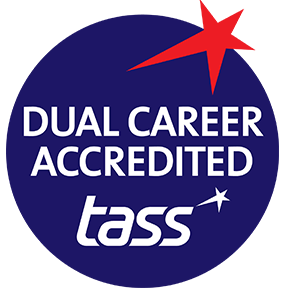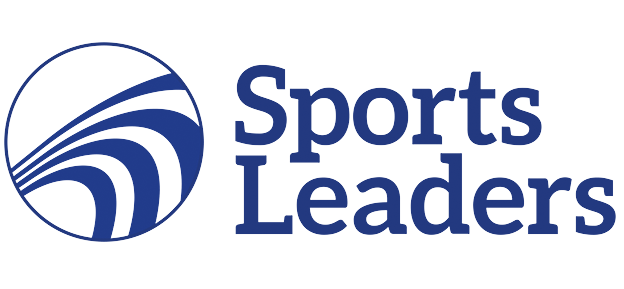What are lessons like in this subject?
New content is shared in small chunks to support students in their understanding. After the initial explanation, the understanding of the material is then deepened through problem solving, group work and analysing exam questions. Physics is a very hands-on subject so whenever there is opportunity to do so, the learning of new content is supported with demonstrations or practical investigations.
In addition to discovering new material, we will also spend part of our lessons on content that we have already covered. Retrieval practice is the most effective way to ensure that we are prepared for the examination, and this will be a part of every lesson.
What will I study?
Year 12
- Waves, including the strange things that happen when waves meet.
- Particles and radiation, including antiparticles, quarks and quantum phenomena.
- Mechanics and materials, including projectile motion and collisions.
- Electricity, including resistivity and superconductivity.
- Practical skills.
Year 13
- Further mechanics, including oscillations and circular motion.
- Thermal physics, including gas laws.
- Fields and their consequences, including electrical fields, capacitors, gravitational fields, orbits, magnetic fields and electromagnetic induction.
- Nuclear physics, our knowledge of the nucleus and its application.
- An optional unit, ‘Turning points in Physics’, which builds on a range of the physics studied in earlier sections.
- Practical skills.
The Physics course goes a lot more in-depth about how and why interactions work than in GCSE and I love to know how something happens because if you're able to see it happen outside the classroom, you can make connections which I find amazing. Also there are a lot of practicals, so you're able to visualise the theory and be able to make a picture in your mind of what's going on.
Ignacy Nowak, Minsthorpe Community College
Physics
Please note: Subject videos have been filmed from colleges across our Trust.






